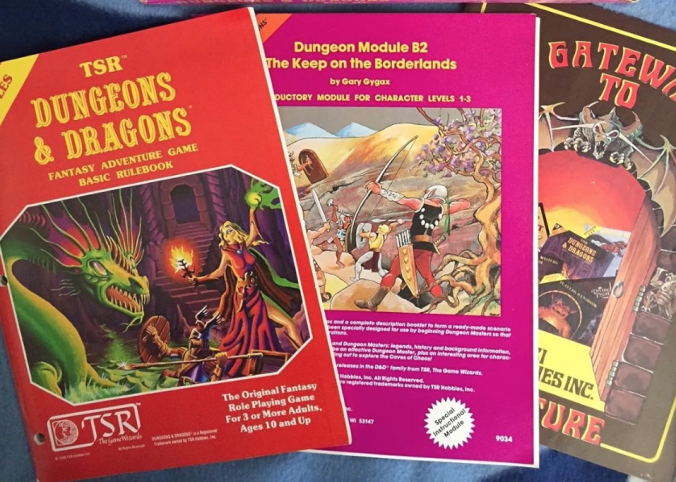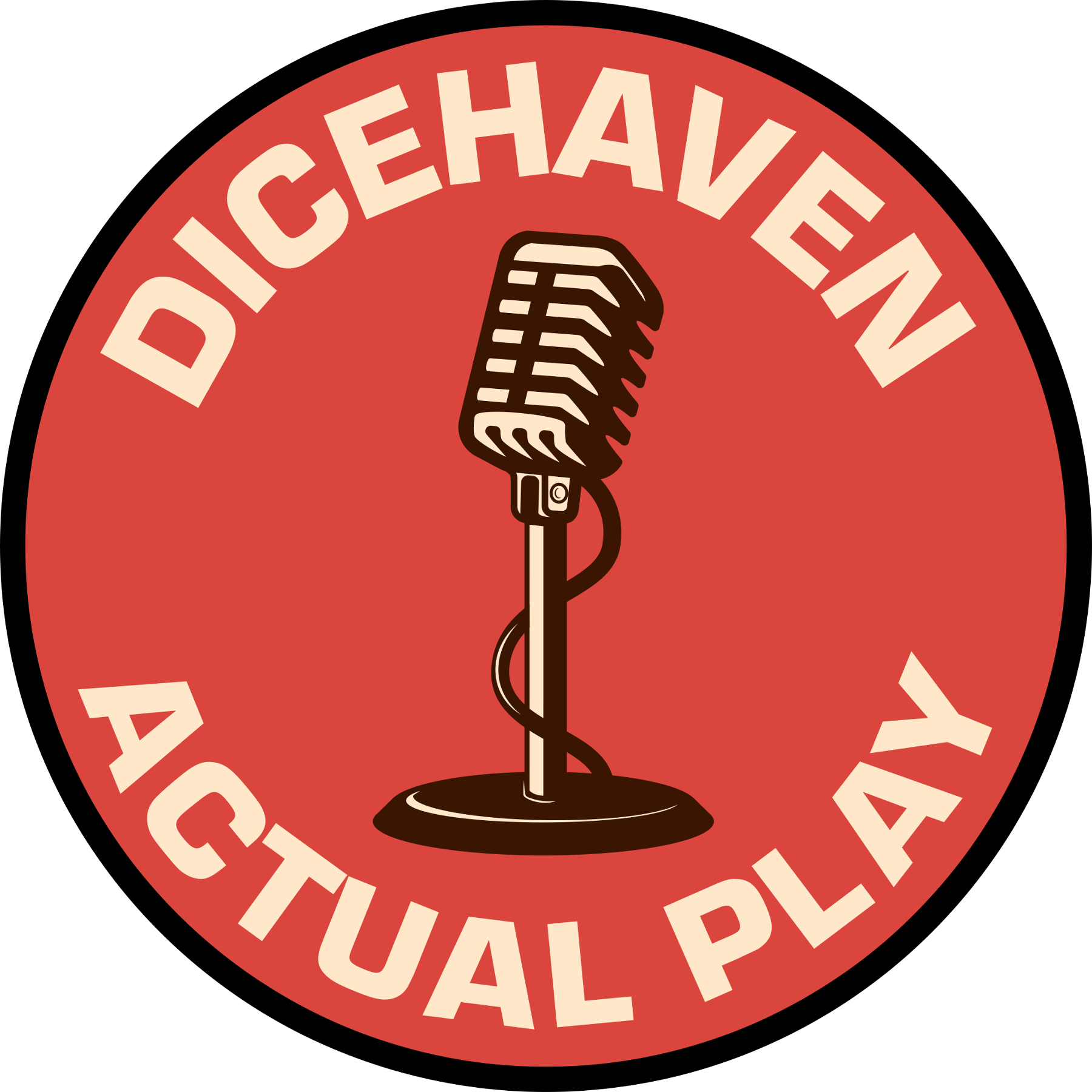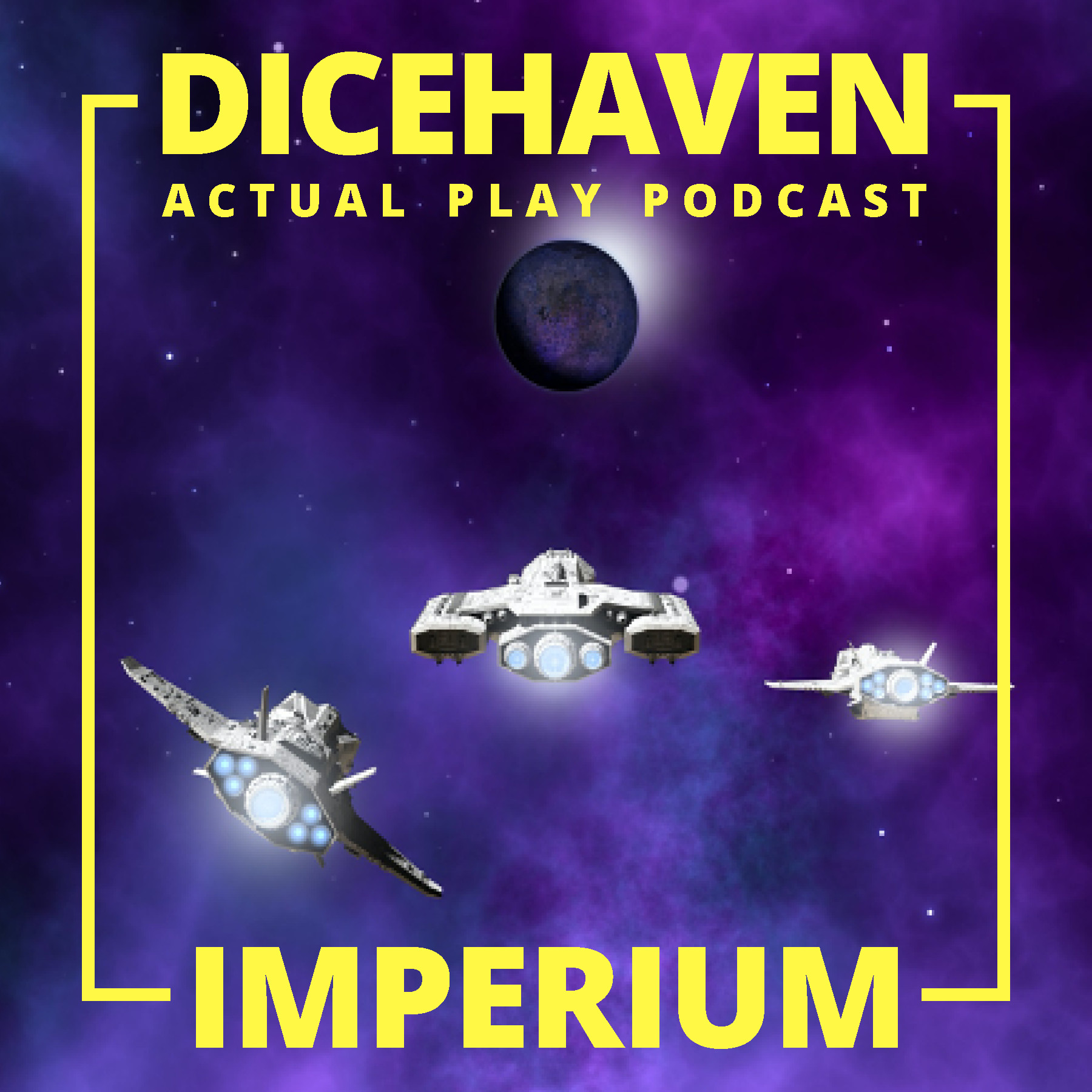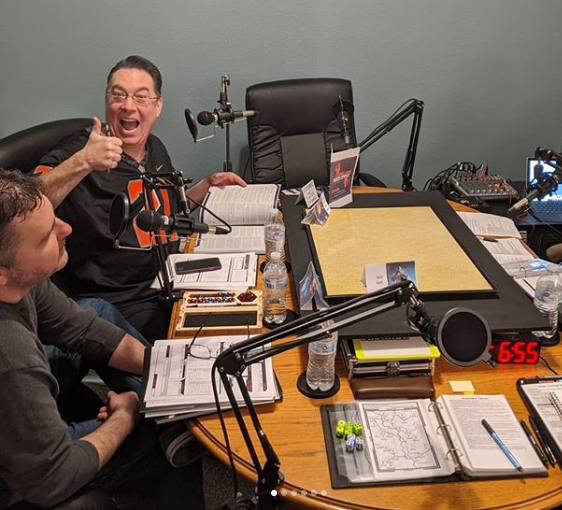Inspired by reading this great article on B/X D&D playstyle, I thought I’d jot down my thoughts on Old-School D&D (and in particular, Basic/Expert or B/X D&D) vs. 5e, and include some easy ways to get 5e to run more like B/X D&D.
Old-school D&D (and I’m thinking of B/X D&D in particular) has the following features which were (sadly in my opinion) changed or removed in later editions:
- Fast Combat — Old-school D&D combats usually last 10-15 minutes at most, whereas similar combat in 5e rules 30-60 minutes.
- ‘Combat as War’ –– You really can die and things are scary vs. 5e’s ‘Combat as Sport’ with the focus on ‘balanced encounters’, plus it’s really hard to die mechanically in 5e.
- XP for Gold — Incentivizes exploration/dungeon crawl style play vs. 5e having XP only Killing Monsters (makes you want to attack anything you see).
- Theater-of-the-Mind — Even though old-school D&D gives ranges in feet, most old-school D&D games I’ve been in focus on a theater-of-the-mind playstyle without miniatures. Even with miniatures, usually in old-school play you’re just using them as tokens for relative positioning, not counting 5-foot squares like in D&D 5e. This makes everything fast; you can whip up a rough map on the fly and not need to worry about it having accurate 5-foot squares.
- Random Encounters — Heavy use of procedurally generated encounters.
- Morale — Use of Morale Checks for NPCs and monsters; enemies won’t always fight to the death.
- Reaction Rolls — Use of Reaction rolls for NPC disposition.
- Encumbrance — I usually ignore it when I run games for kids or at conventions but for a ‘serious’ old-school campaign I’d want to track it. This is often ignored in D&D 5e since you don’t have XP for Gold, and have to make the hard choices about toting 5,000 gp out of the dungeon.
- Hirelings — BX has tables to check to see if you’re able to get hirelings. Hirelings are important to watch your horses and mules while you’re in a dungeon. I sometimes make my players share XP with hirelings to prevent getting too many NPCs in the picture.
- Resource Management — Tracking torches, etc.; all the more important in old-school D&D, whereas in 5e you can cast ‘Light’ as a cantrip).
- Slow Healing — You don’t get 100% of your hit points back overnight, making you think twice about getting into a fight from which you can’t quickly heal.
- Adventure brevity — An old-school D&D module is about 30 pages, and these usually give me 16-30 hours of adventure, sometimes more. That averages out to 2-4 pages of content per four-hour session. 5e Adventures average out to about 20-25 pages of content per four-hour session, leading to much longer prep time.
Of the above, many of those concepts can be easily ported into D&D 5e:
- Fast Combat — Old-school D&D will always be faster, but you can get faster combats by keeping the PCs at a lower level for longer.
- ‘Combat as War’ — Don’t consider Challenge Rating that closely; throw a Red Dragon at the PCs once in a while so it’s not a ‘fight everything’ vibe.)
- XP for Gold — Just run XP like old-school D&D)
- Theater-of-the-Mind — I sometimes use Fate RPG style zones in D&D 5e. It takes a standard move to move 1 zone or move within one zone into Melee (base contact). Any minis in base contact with a ‘mob’ of minis can do a melee attack against any other minis in that mob. For area effect spells, I roll some dice or make a GM fiat decision on how many are affected, rounding things in the favor of the PCs. Works great as a compromise between no-minis and counting 5′ squares.
- Random Encounters — Dig up an old module or write your own. Use some sort of BX encounter frequency to check for random encounters.
- Morale Checks — Add in BX style morale. Probably have a ‘generic’ morale mechanism since D&D 5e doesn’t have a morale rating for monsters.
- Reaction Rolls — Add in a B/X style reaction table.
- Encumbrance — Ask players to track it.
- Hirelings — I generally don’t do much with encouraging Hirelings in 5e, though I suppose you could.
- Resource Management — I generally don’t do anything special to improve resource management in 5e; I just generally accept that resources aren’t going to matter as much in 5e.
- Slow healing — Use the slow healing rule from DMG p. 267.
- Adventure brevity — Use the over 70 ‘Classic Modules Today’ conversions which convert old-school D&D modules from 1e/BX to 5e.
Anyway, these are some great things to consider when choosing between BX and 5e. Of course, the easier path is to just run B/X or AD&D if you want the old-school playstyle, but sometimes players just really want the 5e modern rules. The above rules can help you run 5e in a more old-school style.




Recent Comments